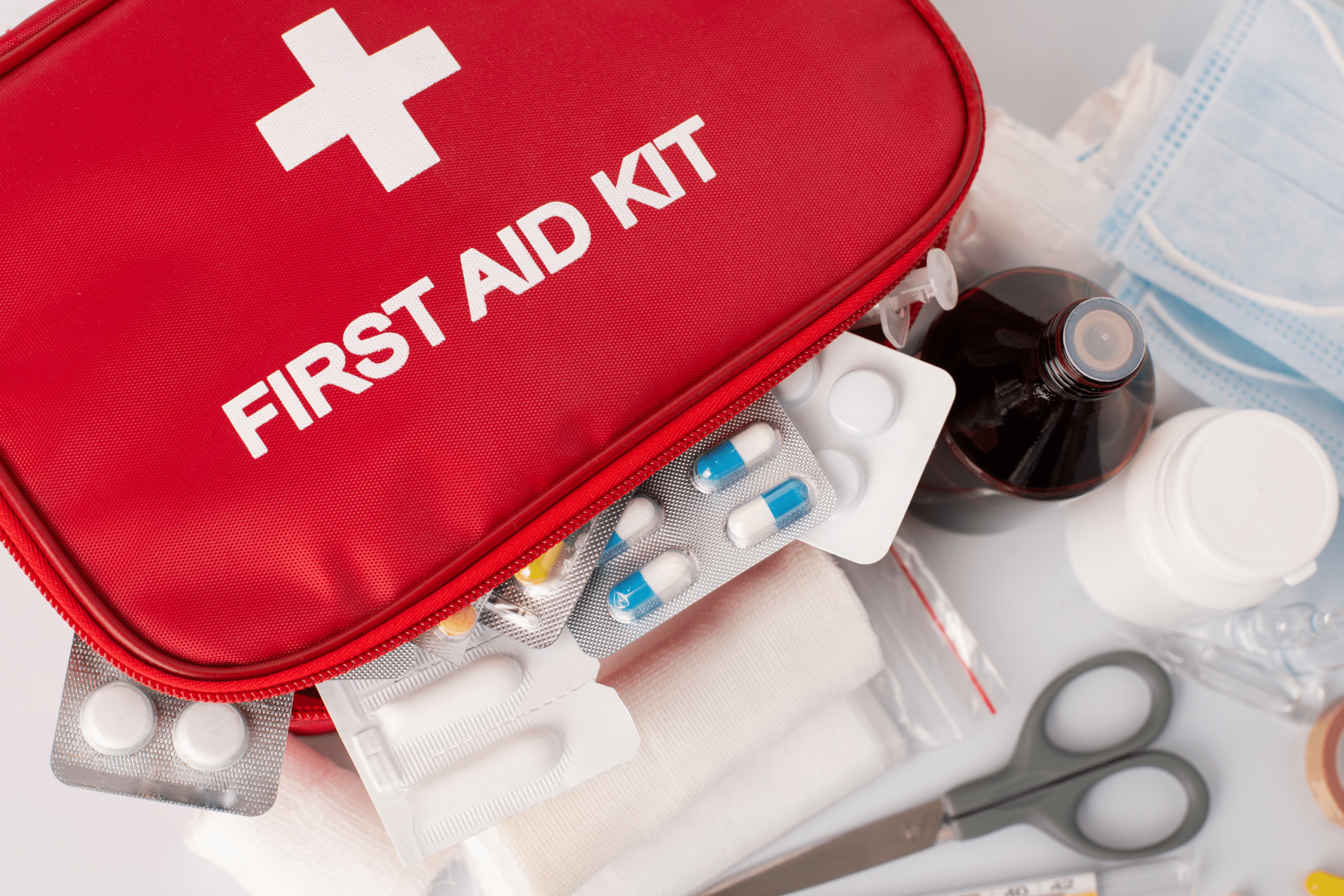Going on a cruise can be an exciting adventure, offering a chance to relax and explore new destinations. However, medical emergencies can occur unexpectedly, and being prepared to handle such situations is crucial – especially when you’re forced to deal with the sometimes-lacking medical facilities on your cruise ship.
Prepare Before You Set Sail
Before embarking on your cruise, take some time to research the medical facilities and services available on your ship. Cruise lines typically provide information about their onboard medical centers, including the qualifications of medical staff and the types of services they offer.
Familiarize yourself with this information so you know what to expect in case of an emergency.
Also important: travel insurance. This is essential for covering unexpected medical expenses that may arise during your cruise. Ensure that your policy includes coverage for medical emergencies, evacuation, and repatriation. Insurance can provide peace of mind and financial protection if you need medical care at sea or in a foreign port.
If you haven’t already, make sure to prepare a basic medical kit with essential items such as pain relievers, antihistamines, motion sickness medication, bandages, antiseptic wipes, and any prescription medications you may need. Keep your medications in their original packaging and bring extra doses in case of delays.
Finally, bring with you a summary of your medical history, including any chronic conditions, allergies, and current medications. This information can be invaluable to medical staff in an emergency.
During the Cruise
Recognizing the signs of a medical emergency is crucial for prompt action. Symptoms such as chest pain, severe shortness of breath, sudden weakness or numbness, uncontrolled bleeding, and loss of consciousness should be taken seriously and addressed immediately.
If you or someone else experiences a medical emergency, immediately contact the ship’s medical center. Most cruise ships have a 24-hour medical facility staffed with trained medical professionals, including doctors and nurses. They can provide immediate care and determine the severity of the situation.
The ship’s medical staff will assess the situation and provide necessary treatment. Follow their instructions carefully and provide them with any relevant medical information. They may recommend disembarkation at the next port or an emergency evacuation if further treatment is required.

If you require medical treatment, contact your travel insurance provider as soon as possible. They can assist with arranging payment for medical services and coordinating any necessary evacuations or repatriation. Keep all receipts and documentation related to your medical care for insurance claims. Be sure to document everything that occurs, as that may be essential to winning a potential medical malpractice case.
In Port: Accessing Medical Care
If the onboard medical center determines that you need more advanced care, they may recommend visiting a local medical facility at the next port of call. Cruise lines often have partnerships with hospitals and clinics in various ports, ensuring that you receive appropriate care.
Language barriers can be a challenge when seeking medical care in a foreign country. If possible, have a translation app or phrasebook handy to help communicate with medical staff. Some travel insurance providers offer translation services, so inquire about this feature when purchasing your policy.
When seeking medical care in port, bring your identification, insurance information, and medical history. Proper documentation will facilitate the registration process and ensure that you receive timely and appropriate care.
What If You Experience Medical Negligence on a Cruise?
Dealing with medical negligence while on a cruise can be particularly distressing, given the isolated and confined environment. If you or a loved one finds yourself in such a situation, it’s important to know the steps to take to address the issue effectively.
First and foremost, seek outside medical attention as soon as possible. Ensure that the negligence is documented thoroughly. If possible, request a second opinion from another medical professional onboard or at the next port of call. Document everything, including the treatment received, the names of the medical personnel involved, and any conversations regarding your medical care.
Collect all relevant evidence related to the negligence. This can include medical records, photographs of injuries, written statements from witnesses, and any correspondence with the ship’s medical staff. Having a detailed account of the incident and the subsequent treatment will be crucial if you decide to pursue legal action.
Notify the cruise line about the medical negligence as soon as possible. Most cruise lines have procedures in place for handling complaints, and it is important to follow these protocols. Keep copies of all reports and correspondence for your records.

Consulting with a maritime law attorney is another vital step. Medical negligence cases on cruises can be complex, involving multiple jurisdictions and specific maritime laws. A lawyer experienced in this field can help you understand your rights, assess the strength of your case, and guide you through the legal process.
If medical negligence has caused significant harm, you may need to file a legal claim against the cruise line. Your attorney can assist in preparing and filing the claim, ensuring that all legal requirements are met and deadlines are met.







